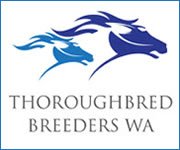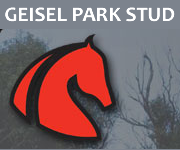A District Court has ruled in favour of allowing cloned Quarter Horses to race in North America.
In a decision that could have a far-reaching effects, breeder Jason Abraham won his suit against the AQHA alleging violation of anti-trust laws.
The breed organization’s handbook specifically prohibits horses “produced by any cloning process” from participating in AQHA events.
AQHA president Johne Dobbs said the organization’s next move is to appeal the ruling. “It was a very complicated case, because it was an anti-trust case, and economists were involved on both sides,” Dobbs said. “I’m just hopeful that our testimony will come through, and show that we didn’t break any laws.
“The appeal is not just going to be a couple weeks or months,” Dobbs continued. “It could be a year the way the system goes.”
While the court sorts out the legality of the situation, Quarter Horse breeders were left to ponder the outcome of the court case. “The chances of a clone being as good as its original, in my opinion, are not any better than a full sibling or a twin,” JEH Stallion Station manager Andrew Gardiner said.
“Even if cloned Quarter Horses are allowed to compete, the price tag would be so restrictive that they wouldn’t become overly abundant. The cost to clone a horse is about $165,000.”
Gardiner did not foresee a drastic change for breeders. “There’s so many factors that go into making a horse great in the performance arena, and if he’s not great, why is anybody going to breed to him?” he said. “But we have the facilities to potentially clone horses in the future and, would consider doing so, if the market demand is there.”

